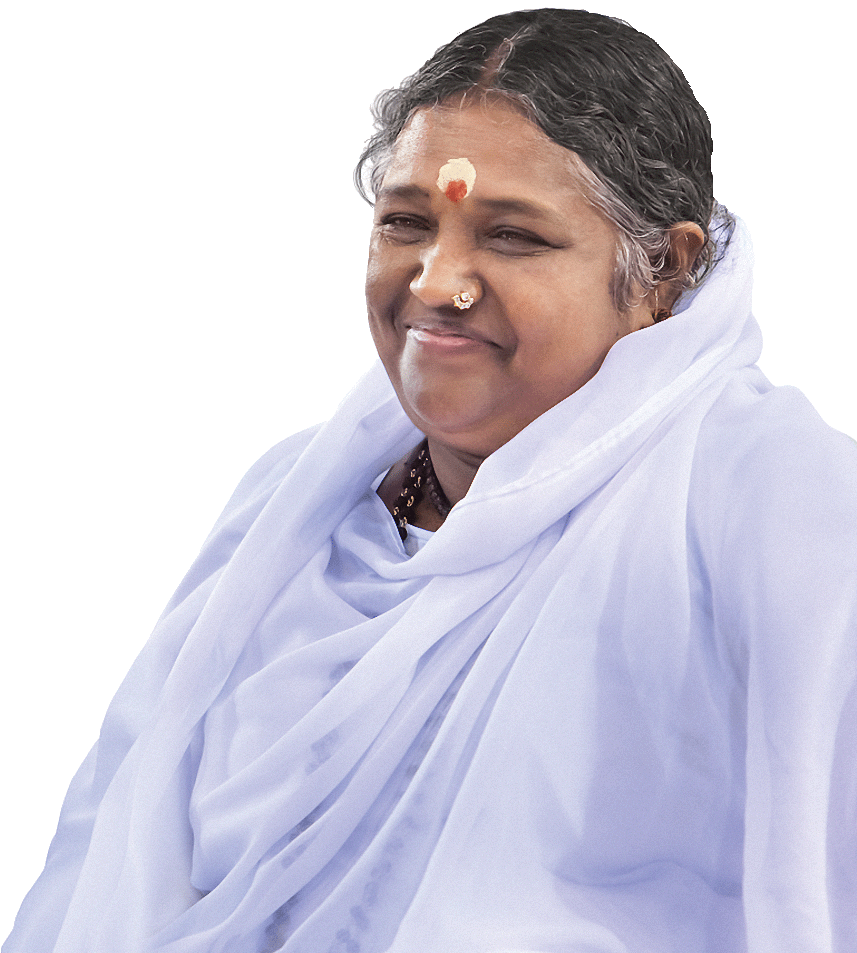Response from Former Abbot Muho ...
~~~~~~~~~~~~
Dear Jundo,
thank you for the question. Antaiji changed quite a bit under each of the abbots:
Sawakai was the abbot from 1949 to 1965, but most of the time he was away while Uchiyama Kosho, Yokoyama Sodo and a few other students kept up the daily zazen and study practice. When Uchiyama was the abbot from 1965 to 1975, a lot of Westerners came both from the US as well as Europe. Mostly hippies. The only one who stayed for more than a decade and eventually became a teacher was Tom Wright, who translated "Refining your life" by Uchiyama and now lives in Hawaii. Another name from that time is Arthur Braverman. At the time, they had a 5-day sesshin each month but during the rest of the month there was lot of time for individual studies or working part-time in the city of Kyoto.
The lifestyle changed a lot when Watanabe Koho moved the temple from Kyoto to its present location and Antaiji became self-sufficient in food stuff. All of the hippies left shortly after, but three Italians studied with Watanabe from 1980 to 1987, when my teacher, Miyaura Shinyu took over. I was the only foreigner most of the time when I lived at Antaiji between 1990 and 2002, but there were a few Westerners coming and going from time to time. When I became the abbot, I spent a lot of time in making the monastery more visible on the Internet, at one time the website was available in twelve languages. This led to a sharp increase in foreign visitors, but also led to a "guesthouse" atmosphere, which is the reason why I began to ask aspirants to learn Japanese in advance and look into a three year stay. I also changed the get-up time in the morning from 5:00 am to 3:45 am to disencourage the residents from drinking until late every evening (which was kind of the norm under my teacher).
Eko, who is now the new abbess, is the only of my students who finished her training. An American spent four or five years at Antaiji, but he left before Dharma transmission.
I am sure that Antaiji will continue to change in the future and am looking forward to the innovations that Eko will make.
Gassho
Muho
~~~~~~~~~~~~
Dear Jundo,
thank you for the question. Antaiji changed quite a bit under each of the abbots:
Sawakai was the abbot from 1949 to 1965, but most of the time he was away while Uchiyama Kosho, Yokoyama Sodo and a few other students kept up the daily zazen and study practice. When Uchiyama was the abbot from 1965 to 1975, a lot of Westerners came both from the US as well as Europe. Mostly hippies. The only one who stayed for more than a decade and eventually became a teacher was Tom Wright, who translated "Refining your life" by Uchiyama and now lives in Hawaii. Another name from that time is Arthur Braverman. At the time, they had a 5-day sesshin each month but during the rest of the month there was lot of time for individual studies or working part-time in the city of Kyoto.
The lifestyle changed a lot when Watanabe Koho moved the temple from Kyoto to its present location and Antaiji became self-sufficient in food stuff. All of the hippies left shortly after, but three Italians studied with Watanabe from 1980 to 1987, when my teacher, Miyaura Shinyu took over. I was the only foreigner most of the time when I lived at Antaiji between 1990 and 2002, but there were a few Westerners coming and going from time to time. When I became the abbot, I spent a lot of time in making the monastery more visible on the Internet, at one time the website was available in twelve languages. This led to a sharp increase in foreign visitors, but also led to a "guesthouse" atmosphere, which is the reason why I began to ask aspirants to learn Japanese in advance and look into a three year stay. I also changed the get-up time in the morning from 5:00 am to 3:45 am to disencourage the residents from drinking until late every evening (which was kind of the norm under my teacher).
Eko, who is now the new abbess, is the only of my students who finished her training. An American spent four or five years at Antaiji, but he left before Dharma transmission.
I am sure that Antaiji will continue to change in the future and am looking forward to the innovations that Eko will make.
Gassho
Muho

Comment